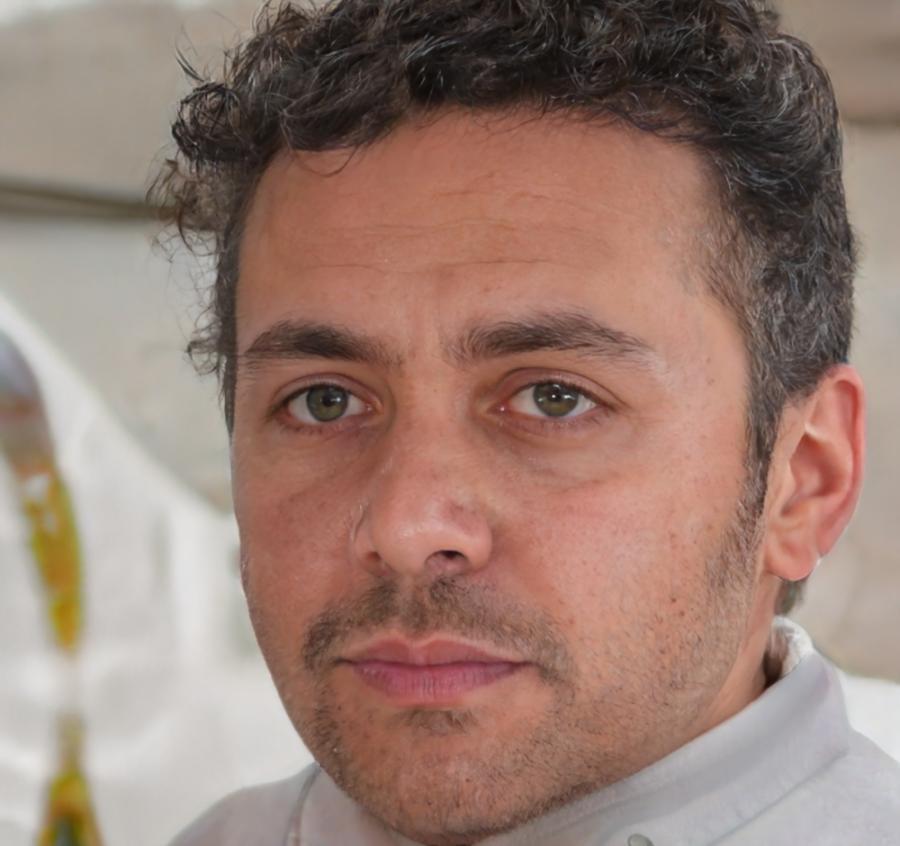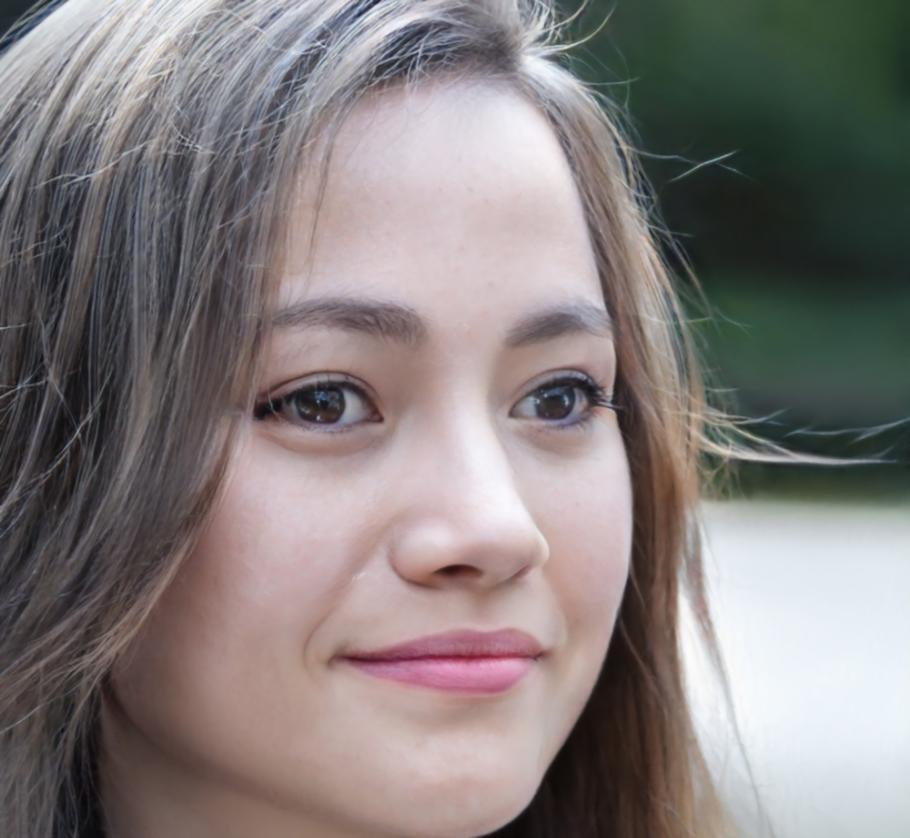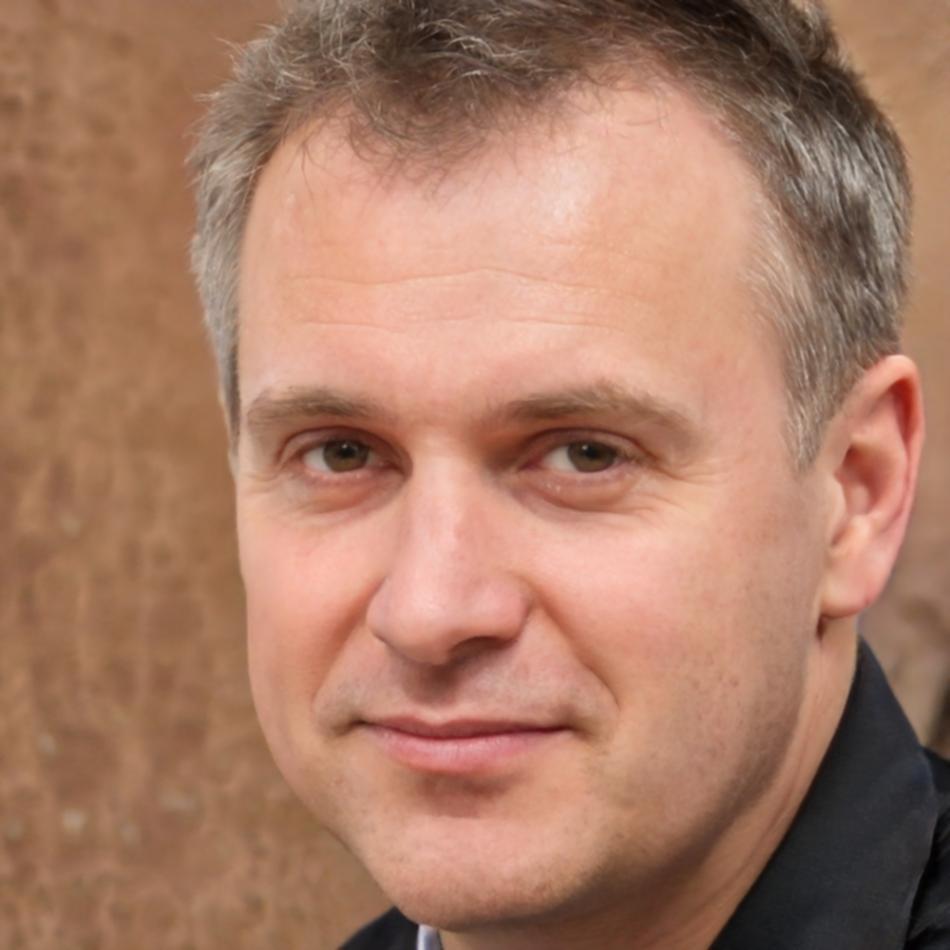Proven Teaching Methods That Build Real Fundraising Skills
We've spent years refining our approach to teaching startup fundraising. Our methods focus on practical experience, real-world scenarios, and the kind of hands-on learning that actually prepares you for investor meetings.
Foundation Building Through Real Case Studies
We start every program with actual fundraising scenarios from Australian startups. You'll work through pitch decks that raised millions, analyze term sheets from real deals, and understand what investors actually look for when they write checks.
Our case study library includes everything from pre-seed rounds in Melbourne's fintech scene to Series B raises from Sydney's SaaS companies. Each case comes with the full story – what worked, what didn't, and why certain approaches succeeded while others failed.
This isn't academic theory. These are the stories behind the headlines, complete with financial models, investor feedback, and the messy reality of building a business while raising capital.

Interactive Workshop Framework
Our workshops put you in the founder's seat from day one. You'll pitch to panels of actual investors, negotiate term sheets in real time, and handle the tough questions that make or break funding rounds.
- Week 1-2: Build your investment thesis and market analysis
- Week 3-4: Craft compelling narratives and financial projections
- Week 5-6: Practice pitch delivery and investor Q&A
- Week 7-8: Navigate due diligence and closing processes
Every session includes live feedback from investors who've actually written checks. They'll tell you exactly what catches their attention and what sends founders home empty-handed. Our next intensive program begins in September 2025.

One-on-One Mentorship That Makes the Difference
Beyond workshops and case studies, we pair each participant with experienced founders and investors. These aren't casual coffee chats – they're structured mentorship relationships that continue long after the program ends.

My mentor helped me see the gaps in my original pitch that I never would have caught. Six months after the program, we closed our seed round with exactly the strategy we developed together.

The program taught me that fundraising isn't just about the money – it's about finding the right partners. My mentor introduced me to investors who actually understood our market.

What I valued most was the honest feedback. My mentor didn't sugarcoat anything – he told me exactly why my first pitch wasn't working and how to fix it before I embarrassed myself with investors.